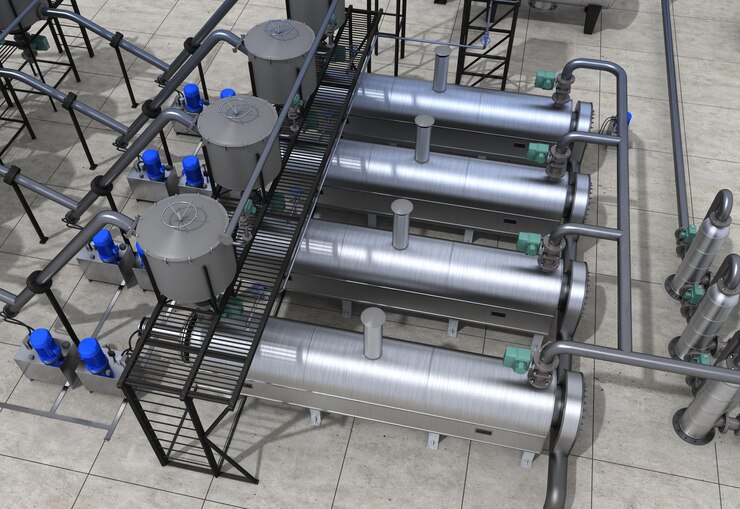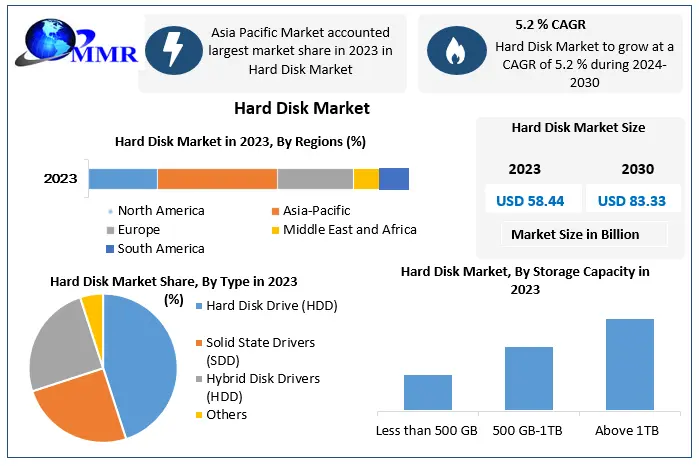In the UAE, industries such as oil and gas, shipping, manufacturing, and wastewater treatment deal with the challenge of managing oily water. Oily water, which typically consists of water contaminated with oils and other hydrocarbons, poses serious environmental and health risks. As regulations become more stringent regarding environmental protection, the need for efficient systems to separate oils from water is critical. This is where oily water separators (OWS) come into play. These systems are designed to remove oils, emulsions, and other contaminants from water before it is discharged back into the environment. The proper use of oily water separators not only helps businesses comply with local environmental laws but also contributes to sustainability efforts, reducing pollution and protecting ecosystems. The UAE, with its thriving industrial and marine sectors, heavily relies on these separators to ensure that harmful discharges are minimized, ultimately supporting the country’s commitment to environmental preservation.
What Is an Oily Water Separator?
An oily water separator is a device used to separate oil and water, typically in industrial settings where oil and water are mixed, such as in the oil and gas industry, shipping vessels, or sewage treatment plants. The separator works by utilizing various physical and chemical processes to remove oils, fats, and other hydrocarbons from wastewater. This process ensures that the discharged water meets regulatory standards for oil content and is safe for the environment.
How Do Oily Water Separators Work?
Oily water separators use several different technologies to separate oil from water, with the most common methods being gravity separation, coalescing, and filtration.
- Gravity Separation: This is the most basic and widely used method. Since oil is lighter than water, it naturally floats on the surface of the water. In this method, the oily water mixture enters the separator, and gravity allows the oil to separate from the water. The oil is then skimmed off, and the cleaned water is released.
- Coalescing: Coalescing plates or filters are used in some oily water separators to encourage small oil droplets to combine into larger ones. This makes it easier to separate the oil from the water. Coalescing filters are highly effective in removing emulsified oils, which are more challenging to separate.
- Filtration: Some separators incorporate filtration units, such as mesh screens or absorbent filters, to remove finer oil particles and ensure that the discharge water is as clean as possible. This is particularly useful for industries where water purity is essential.
Why Are Oily Water Separators Important for the UAE?
In the UAE, where industries like oil and gas, maritime, and manufacturing are integral to the economy, the importance of oily water separators cannot be overstated. These separators help manage and treat wastewater effectively, ensuring that harmful substances like oils and hydrocarbons do not contaminate the environment. This is especially crucial in the UAE’s coastal regions, where marine ecosystems could be severely impacted by oil pollution.
With the UAE’s commitment to environmental sustainability, effective waste management systems are vital. Oily water separators help industries comply with local and international regulations, such as the UAE Federal Law on Environmental Protection and the MARPOL Convention, which governs the prevention of marine pollution.
Applications of Oily Water Separators in the UAE
- Oil and Gas Industry: The UAE’s oil and gas sector generates significant amounts of oily water. Oily water separators are used to treat the wastewater produced during oil extraction, refining, and transportation. By separating oil from water, these separators ensure that the water released into the environment is clean and free from harmful pollutants.
- Shipping and Maritime Industry: Ships, especially large tankers, produce large volumes of oily water, often from machinery spaces, bilge water, and ballast tanks. Oily water separators are crucial for ensuring that these discharges comply with environmental regulations and do not contribute to marine pollution.
- Industrial Manufacturing: Many manufacturing industries, such as textiles, automotive, and food processing, produce oily water as a byproduct. Oily water separators help these industries clean their wastewater, ensuring they meet the required standards for discharge.
- Wastewater Treatment Plants: Some wastewater treatment plants in the UAE also rely on oily water separators to treat industrial wastewater that may contain oils and fats. This is important for ensuring that the treated water is safe for reuse or discharge.
Benefits of Using Oily Water Separators in the UAE
- Environmental Protection: The primary benefit of oily water separators is their ability to prevent water pollution. By removing oils and hydrocarbons from wastewater, these separators help protect water bodies, marine life, and ecosystems in the UAE.
- Compliance with Regulations: The UAE has strict environmental regulations that require industries to minimize their impact on the environment. Oily water separators help businesses comply with these laws, avoiding fines and penalties for environmental violations.
- Cost-Effective Wastewater Treatment: Investing in an oily water separator can save industries money in the long run by reducing the need for costly wastewater disposal or treatment processes. Additionally, cleaner water can often be recycled or reused within the facility.
- Improved Public Health: By ensuring that wastewater is free from harmful oils and chemicals, oily water separators contribute to better public health outcomes. Contaminated water can lead to a host of health problems, particularly in coastal and industrial areas.
Types of Oily Water Separators
- Plate Coalescer Separators: These separators use coalescing plates to remove emulsified oils from water. They are compact and efficient, making them ideal for industries that require high-performance separation.
- Centrifugal Separators: These use centrifugal force to separate oils from water. They are typically used in high-volume applications and are effective at removing fine oil particles.
- Membrane Filtration Separators: These separators use membranes to filter oils from water. They are highly effective at removing trace amounts of oil, making them ideal for industries that need water to be ultra-clean.
- Gravity Oil Water Separators: These are the simplest and most cost-effective separators. They rely on gravity to separate oil from water and are commonly used in industries with moderate oily water production.
Maintenance and Care of Oily Water Separators
Proper maintenance is crucial to ensure that oily water separators operate effectively. Regular checks for wear and tear, cleaning of filters and coalescing plates, and monitoring of oil-water separation performance can help extend the lifespan of the equipment. It’s also essential to ensure that the separator’s discharge meets the required oil content standards to comply with regulations.
Conclusion
Oily water separators are an essential part of environmental protection in the UAE, where industries face the challenge of managing oily wastewater. By removing oils and hydrocarbons from water, these separators not only ensure compliance with local and international regulations but also contribute to sustainability efforts and the protection of natural resources. Industries across the UAE, from oil and gas to maritime and manufacturing, rely on these separators to help maintain clean water systems, reduce pollution, and protect the environment for future generations.




